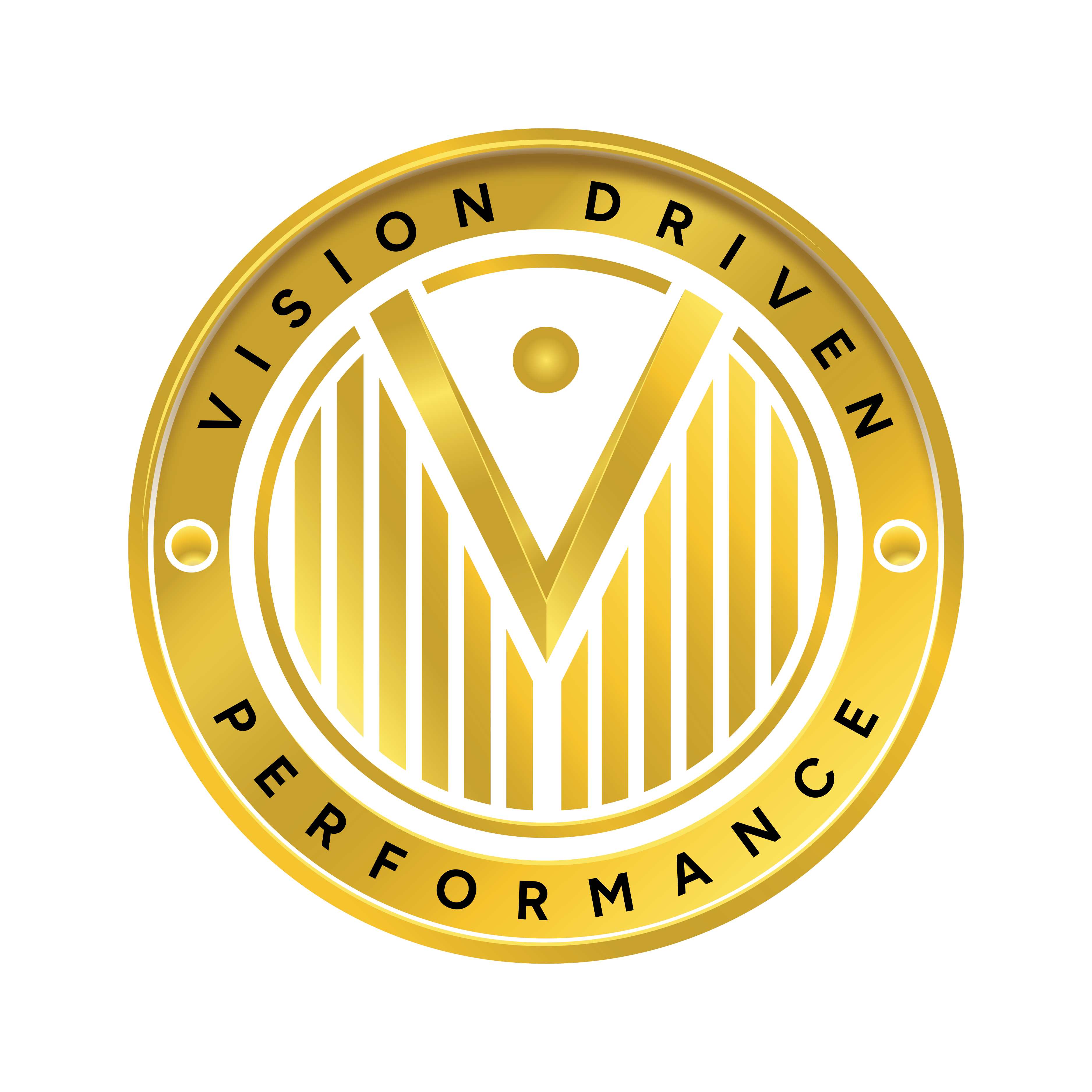Paying yourself for your business can be done in several ways, depending on factors such as your business structure, cash flow, and personal financial needs.
Here are common methods for paying yourself for your business…
- Owner’s Draw or Distribution
- As the owner of a sole proprietorship or a single-member LLC, you can take the owner’s draws or distributions from the business’s profits. This involves transferring money from the business bank account to your account for personal use. Owner’s draws do not involve withholding taxes or issuing paychecks and are typically recorded as a reduction in the owner’s equity on the business’s books.
- Salary or Wages
- If your business is structured as a corporation (C-corporation or S-corporation) or a multi-member LLC, you can pay yourself a salary or wages for the work you perform for the business. To do this, you would set up a payroll system and issue yourself regular paychecks, deducting income taxes, Social Security, and Medicare taxes as required by law. Paying yourself a salary can help ensure consistent income and simplify tax withholding and reporting.
- Profit Share or Dividends
- If your business is structured as a corporation (C-corporation or S-corporation), you may receive profit distributions or dividends as a shareholder. Profit distributions represent your share of the company’s profits and are typically distributed periodically to shareholders based on their ownership percentage. Dividends are subject to income tax and may have different tax implications compared to salary income.
- Reimbursement for Business Expenses
- You can also pay yourself by reimbursing yourself for business expenses paid out of pocket. Keep track of any business-related expenses you incur personally, such as travel, supplies, or mileage, and submit expense reports to the business for reimbursement. Reimbursing yourself for business expenses helps ensure that you are fairly compensated for costs incurred in the course of operating the business.
When deciding how to pay yourself for your business, consider factors such as your business structure, legal and tax implications, cash flow needs, and long-term financial goals. It’s advisable to consult with a tax advisor or accountant to determine the most tax-efficient and compliant method for paying yourself based on your specific circumstances and objectives. Also, maintaining accurate financial records and following proper accounting practices can help ensure transparency and compliance with legal and regulatory requirements.



